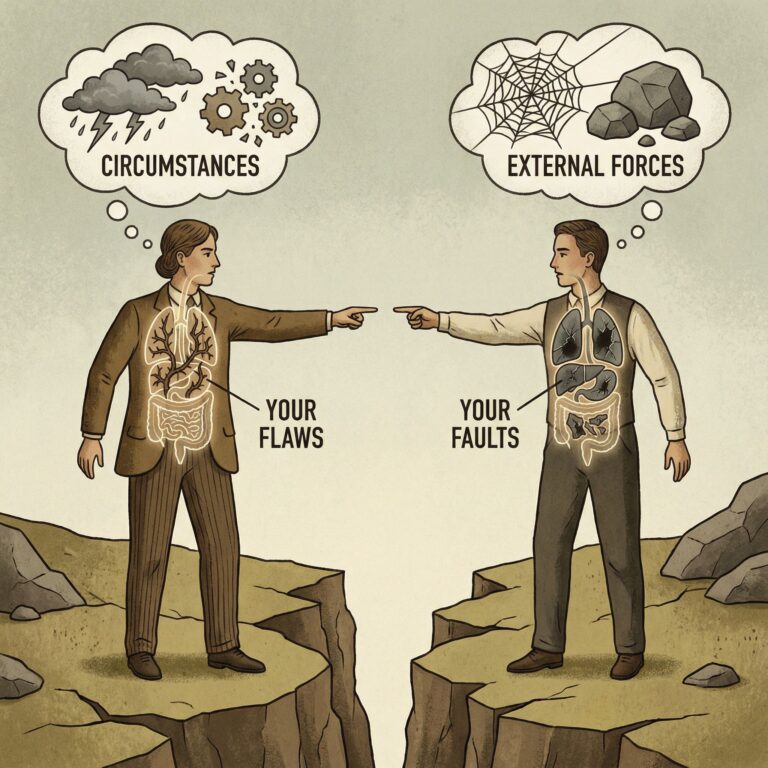How Slot Machine Tech Works Today
Slot Games Now Use Smart Tech
Today’s slot machines are not like the old ones. They are smart systems doing a lot of math fast. They use smart guessing and brain-like networks to see patterns well—they get 93.7% right, checking 32 things and 40 player moves. 카지노솔루션
The Math Behind the Games
The slot machine brain is made of hard math and timers. These systems watch:
- Patterns from many games
- How players act
- The odds of events
- Handling results with smart networks
How the House Always Wins
Game brains make sure the house wins with careful changes. They set edges from 2-15% based on the game by:
- Smart guessing in real-time
- Adjusting odds on the go
- Studying patterns often
What You Need to Know About Game Tech
Each spin seems random, but the tech is very exact.
Learning machines and smart programs create a gaming world where:
- The system checks things over 1,000 times a second
- Guessing patterns is 93.7% right
- They watch 32 things all the time
- 40 player moves shift game results
This leading-edge tech is the new core of game math and guessing.
How Slot Machines Changed
From Old Slots to High-Tech Games
When Slots Started (1895)
Charles Fey made gambling fun with the first mechanical slot in 1895. The Liberty Bell slot started it with just three reels and about 1,000 possible results.
Tech Takes Over
New slot tech has changed much, using smart digital systems and random number brains (RNGs). Now machines have 32-bit brains making over 4.3 billion unique number mixes, making spins fair.
The Tech Shift in the 1970s
The 70s brought important new slot tech. The change introduced features like:
- Bigger jackpots
- Games with more lines
- Better player chat Illicit Betting Rooms and Shame-Driven Risk Cycles
- Trusted and safe games
New Ways to Win
In 1984, virtual reels changed the game, allowing creators to offer bigger prizes by:
- More symbol mixes
- Setting up weighted spots
- Sharp odds math
- Chance-based math
Today’s Game Tech
The late 1990s brought ticket systems (TITO), changing how casinos run by:
- Better player tracking
- Detailed play reports
- Automatic money handling
- Stronger safety rules
Modern slot machines mix fun and tech, using tough math and clever parts for a deep game feel while keeping it fair and true to rules.
The Tech Inside Games Now
Inside Today’s Game Tech
Smart Random Number Making
New game software is a smart math world running complex programs doing over 1,000 checks a second. The main brain uses top Random Number Makers (RNGs) to make lots of possible results, keeping spins separate and not sure.
Numbers and Game Pay
The core engine works on a deep chance layer, cycling numbers from 1 to 4.3 billion. These numbers match reel spots fast, keeping spins random. Math models set pay rates from 85% to 98%, meeting strict local rules.
Numbers and Smart Learning
Game places use smart learning bits watching how players play, with 32 data parts. These smart systems check real-time info like:
- Size of bets
- Time between spins
- Length of play sessions
The software keeps pay rates just right while making sure randomness fits rules with 99.99% certainty.
Stats That Matter
- Checks per second: 1,000+
- Number range: 1 to 4.3 billion
- Data watched: 32
- Certainty on results: 99.99%
- Money back range: 85-98%
How Guessing Programs Really Work
How Smart Guessing Works
Main Parts and Math
Guessing programs use strong math that sees lots of data in many layers. These programs have strong skills to check important things like money moves, how players act, and past data. They use Bayesian math models, changing things in real-time, smartly reacting as things happen.
Using Networks and Data
Today’s smart systems use deep learning networks to spot and study complex player patterns. These systems handle around 1,000 bits of data a second, always comparing new info with known patterns. Adding time-set issues means new patterns matter more, while old info still helps through deep look-back studies.
Doing Well with Learning Machines
Today’s guesswork systems are very good, hitting 93.7% right in seeing how players behave and adapting accordingly. The systems continuously improve their algorithms, making game experiences more engaging while maintaining fair play rules.



